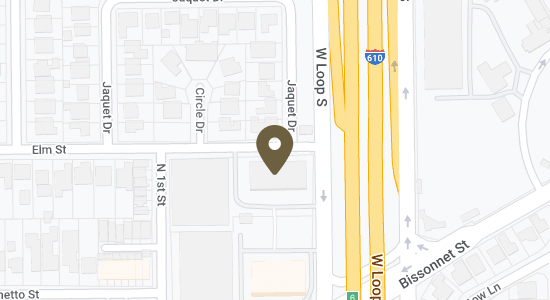- Contact Us Now: (832) 930-7139 Tap Here to Call Us
Three Benefits to Having a Possession Order for Your Child

The 2017-2018 school year is upon us and we hope that it is off to a great start. While this is often an exciting experience for children, the school year can be overwhelming for parents. Between preparing lunch, getting the child to school on time, checking homework, and working long hours at work, chaos is sure to ensue. Luckily, parents who are co-parenting find that having a visitation order in place minimizes confusion during the year.
In Texas, a visitation order is often referred to as a “possession order.” Generally, when parents cannot agree upon a visitation plan for their child, the court will likely intervene and issue a standard visitation schedule.
If you are the non-custodial parent of a child, a possession order will help to ensure that you are able to exercise your legal visitation rights with your child.
Custodial parents will also benefit from a possession order because the non-custodial parent must visit with the child pursuant to the order.
Here are Three Benefits to Having a Possession Order
1. All Parties Will Have a Better Structured Life
The possession order will designate the dates and times that the non-custodial parent can spend with their child. This will minimize conflict between parents as they will no longer be fighting over what days the child can spend the night with the other parent. The order will also provide stability for a child who is having to go between two households.
Additionally, the frequent contact with the non-custodial parent will ensure that both parents have an opportunity to have a strong bond with the child.
2. Right to Enforce the Order
Without a possession order in place, the non-custodial parent has no recourse when the custodial parent refuses to let them see their child.
However, a possession order allows a party to seek court intervention when visitation is being denied.
Vice versa, the possession order will also protect the custodial parent if the other parent refuses to return the child at the end of their visitation period.
3. Uninterrupted Periods of Visitation
The benefit of obtaining a Standard or Expanded Possession Order is that the visitation will be uninterrupted during the designated time periods.
The Standard Possession Order is the most common possession schedule that provides the non-custodial parent with the minimum amount of time that the court deems appropriate as described below.
For parents who live within 100 miles of each other, the non-custodial parent has visitation:
- The first, third, and fifth weekends of every month
- Thursday evenings of each week
- Alternating holidays
- Extended periods of time during summer vacation (usually 30 days)
However, with the Expanded Possession Order, the non-custodial parent will receive more time with the child as follows:
Weekends: When school is dismissed, the non-custodial parent can pick up the child when school is dismissed on Friday and return the child when the child’s school resumes the following Monday.
Thursdays: During the school year, the non-custodial parent can pick up the child when school is dismissed on Friday and return the child when the child’s school resumes the following Friday.
Holidays: The Expanded Possession Order also provides greater periods of possession for some holidays (Christmas, Thanksgiving, Mother’s Day, Father’s Day) and for extended weekends due to the holiday.
Summer Vacation: The non-custodial parent will normally receive 30 days of visitation with the child.
Contact The Quander Law Firm PLLC Today
If you need a knowledgeable attorney to assist you with obtaining a possession order for your child, call us at (832) 930-7139 to schedule a consultation or send us an email at info@quanderlawfirm.com.




